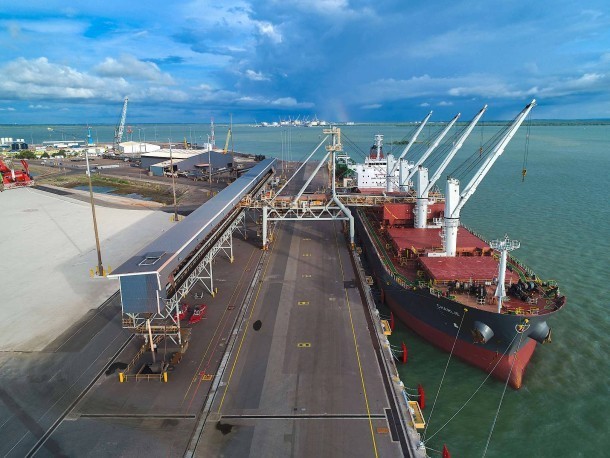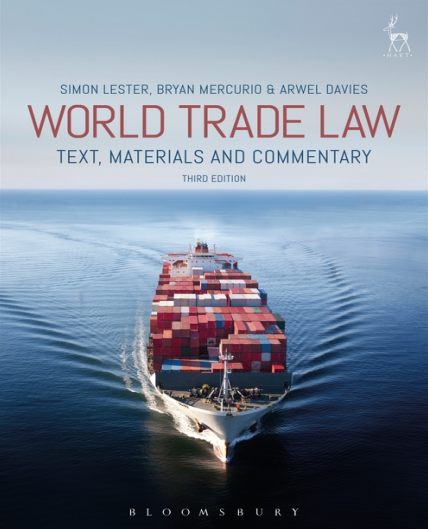The UN Sales Convention (CISG) offers the seller more protection than some national laws. Therefore, exporters should choose the UN Sales Convention in the contract as far as possible. On the other hand, the CISG offers the buyer a high degree of legal certainty if the seller has not delivered in accordance with the contract.
Ensuring the success of export activities requires a systematic approach: If you are already experiencing a high volume of customer complaints and problems with on-time delivery in your domestic market, you are likely not ready for export activities. If you are not facing these issues, you can consider exporting. However, if you have not yet exported, first try to obtain sales references within your home country. These should be buyers you can certify as being well-known foreign or domestic companies. Below is a checklist for this process.
Compare the prices and product/service quality offered through your domestic sales channels with those in foreign markets through desk research and meetings. Visit foreign markets to examine sales channels and conduct initial sales meetings. Don’t be misled by the final sale prices abroad, as rents, wages, and taxes can vary significantly compared to your domestic currency. Before embarking on exports, ensure you have sufficient staff and organization for timely delivery, including order management, production, inspection, shipping, customs clearance, foreign trade operations, and accounting. Additionally, determine which banking instruments will secure export payments. The contract should be prepared in both Turkish and English.
Before starting exports, the following requirements must be met:
- Public records related to exports should be completed.
- Accounting, cost calculation, and exchange rate risk management systems should be established accordingly.
- Storage and shipping arrangements should be ready for export.
- A power of attorney should be given to the necessary company for customs procedures.
- You should have a team for foreign market research with customer representatives fluent in foreign languages. There are many topics to research in this context:
- What quality certifications, packaging, and labeling requirements are applicable for the target export country?
- Which distribution channels are most suitable?
- Have the contract details been determined?
- What are the VAT, customs duties, and other taxes in the destination country?
- Which trade fairs would be beneficial to attend?
- Which markets should be entered?
- What are the market trends?
- What is the market size?
- You should decide whether to use e-export channels:
- Have the necessary IT arrangements been made for online exports?
- Have your products and services been promoted on social media?
- Has a payment system been established for this purpose?
- Have the shipping arrangements been made?
- Does the shipping company provide customs support abroad?
- Has a unit been established to handle complaints in foreign languages?
- Your production unit should be ready for such initiatives, and a quality control team should be established.
- The exporter must ensure sustainable price and quality in exports. Likewise, if you are selling to foreign companies, be sustainable in quality and price to use them as references. Packaging and labeling should also be appropriate.
- Ensure on-time delivery.
- Provide timely service and usage support.
- It is important to respond quickly to errors.
- Effective promotion is also a significant part of the job. An effective website and social media presence are considered crucial.
- It is also important to work with well-known banks, either domestic or foreign, to use them as references.
- Research and celebrate your customers’ religious and national holidays to create intellectual differentiation. Do not neglect to share and remind your customers directly and through social media.

Supporting Foreign Trade with Overseas Bases
Foreign companies conduct more business with foreign countries more easily and at lower costs through bases in legally reliable countries. Many Turkish exporter companies, facing legal uncertainties in their own country’s law when dealing with foreign importers and suppliers, opt to operate through subsidiaries in countries with reliable legal systems, low corporate taxes, and strong banking systems. This allows them to:
- Convince buyers and suppliers to contract with their subsidiaries in these “reliable” countries.
- Obtain advance payment from buyers.
- Secure deferred purchase credits from suppliers.
Banks in the importer’s country can more easily finance documentary exports in this case. Therefore, some Turkish companies establish subsidiaries in countries with favorable financing options and low corporate taxes to leverage these benefits. The owner of a factory, which can only operate with letters of credit due to the lack of legal reliability in Turkey, can work without a letter of credit through a subsidiary in such a country, reducing costs.

How Should Agreements Be Made in Foreign Service and Goods Trade?
When dealing with countries that have signed the United Nations Convention on Contracts for the International Sale of Goods (CISG), it is beneficial to conduct business according to this law. This allows for predictable outcomes for matters not specified in the contract. While it is challenging to prepare a standard contract, certain elements must be included in every commercial agreement:
Buyer and Seller Names and Addresses: In a foreign language.
Product, Standards, and Specifications: The contract should specify the product name, technical name, dimensions, standards, any special conditions requested by the buyer, and any sample-related arrangements.
Quantity: The quantity of goods should be clearly stated in both figures and words, along with the unit of measurement.
Inspection: If pre-shipment inspection by inspection companies is agreed upon by the buyer and seller, the contract should specify which company will conduct the inspection and what aspects will be covered.
Total Value of the Contract: The total value should be written in both figures and words, along with the currency name.
Delivery Terms: A delivery term according to Incoterms 2000 should be specified.
Taxes and Duties: If the sales price includes customs duties and taxes, this should be clearly stated in the contract along with who will bear these costs.
Delivery: The place of shipment and delivery should be clearly stated in the contract. The date from which the delivery period will start should also be specified.
Transportation: The method of transportation to be used should be clearly stated.
Packaging, Labeling, and Marking: The contract should include details about packaging, labeling, and marking on the product.
Payment Terms: The method of payment, amount, and currency name should be clearly stated.
Discounts and Commissions: If applicable, the amount of discounts and commissions, who will pay them, and how the commission calculation will be done should be specified.
